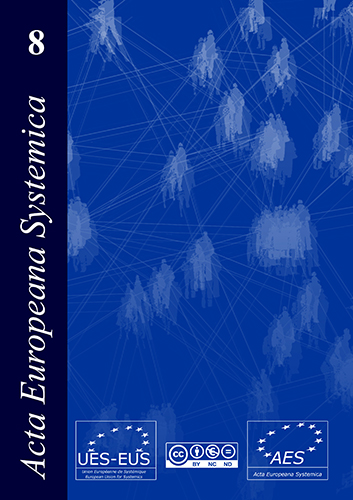System-Transdisciplinary Paradigm Implication to Solve Crisisology Problems Eadings
DOI:
https://doi.org/10.14428/aes.v8i1.56313Keywords:
crisisology, systemic transdisciplinary paradigm, model order, prediction, conomic developmentAbstract
The article presents the results of applying the system-transdisciplinary paradigm to solve the problems of modern crisisology. One way to solve complex problems is to change the scientific paradigm. The paradigm shift involves a change in perspective. As a result, it becomes possible to create a fundamentally different interpretation of the known facts, as well as the formulation of problems and ways to solve them. The article shows how the use of the system-transdisciplinary paradigm allows to change the understanding of the causes of crises, theoretically substantiate the methodological principles of calculating the timing of their occurrence, as well as to outline measures to prevent their negative manifestations. Within the framework of this paradigm, the system is an order that determines the unity and integrity of elements and interrelations between them. Its existence allowed to build models describing this order in informational, temporal and spatial aspects. Adaptation of these models to the study of economic processes and phenomena made it possible to theoretically substantiate a number of laws, which are revealed experimentally. This applies to the duration of the global crisis, the time of onset and characteristics of symptoms in different countries. The theoretical substantiation of features of manifestation of crises is offered. Operating with the assumption that the cause of the crisis is the manifestation of this order, a retrospective analysis of the development of the world economy from 1792 was conducted, along with a forecast of crises. The results of the 20-year-long test projections allow to speak about high explanatory and predictive powers of this methodological approach. The article presents the results of verification of these provisions. Special attention in the paper is given to what is revealed with the help of this approach, patterns are universal. Therefore, its application sets a new vector in the formulation, ranking and solution of the identified problems of objects that can be viewed as a system.
Downloads
Published
How to Cite
Issue
Section
License




